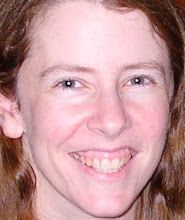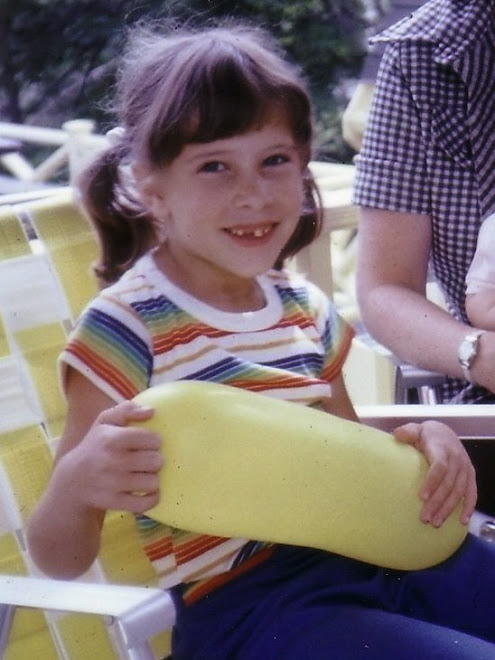Shining some light on a dark subject...racism.
I have been deeply saddened by the young Black men being shot by White men, who don't seem to be suffering any consequences. Then, I saw Netflix's "13th" which pointed out that 2 out of 3 inmates are African-American. This is NOT okay!
My book club thought we should read about race relations. I just finished "Why Are All the Black Kids Sitting Together in the Cafeteria?" By Beverly Daniel Tatum. I had asked myself the same question when I went to college at Syracuse University. According to Ms. Tatum, as we develop our sense of identity, we seek out others who understand us, who share similar experiences. White kids don't encounter racism and so cannot relate to what Black kids experience.
And this doesn't necessarily end. Throughout our lives, we continually mold our identity. So, many people stay within their groups, for comfort level. People like me prefer to find a more diverse group of friends. But it isn't easy. I remember a neighborhood block party where I noticed 3 distinct groups - White, Black and Hispanic. I was not brave enough to introduce myself to a different group. Fortunately, my apartment building was racially mixed, as were our art exhibits, and I made some genuine friends outside my race.
But it is not enough to think and behave antiracist, we must do something to stop racism. Ms. Tatum wrote, "the role of the ally is not to help victims of racism, but to speak up against systems of oppression and to challenge other Whites to do the same." p 109
So, this is my first step. We need to find our sphere of influence and speak out against racism, to recognize our White privilege and use that strength to interrupt the cycle of oppression that began with slavery and continues today in other forms.
Are you with me?
If you’re interested in reading I found this:













